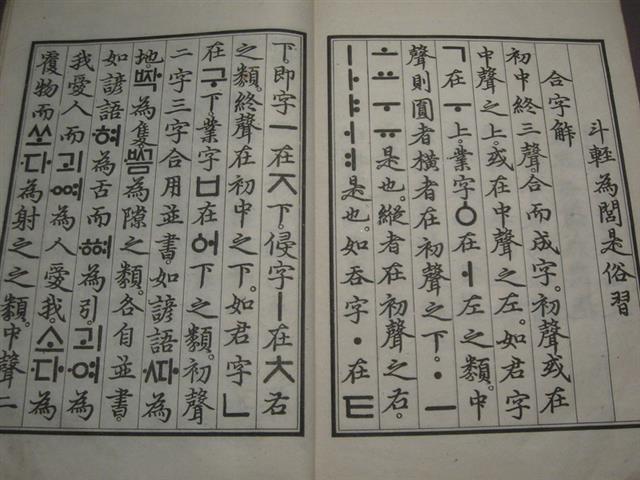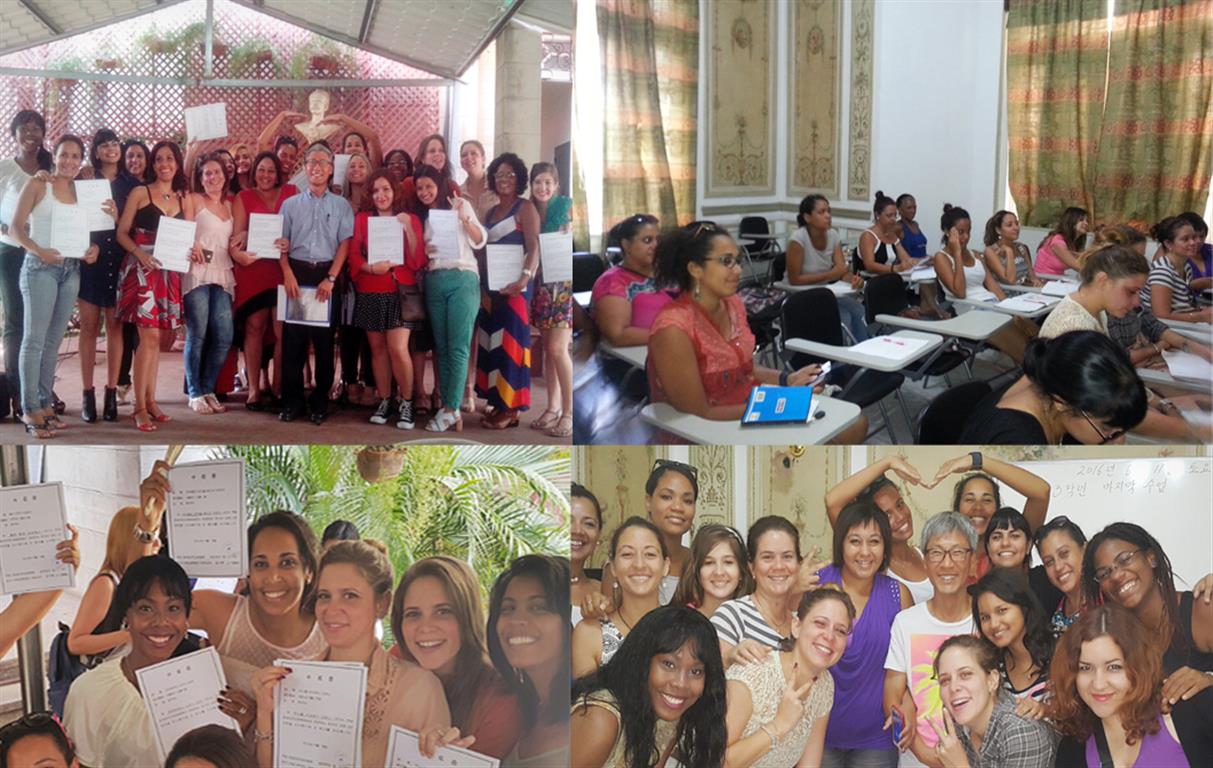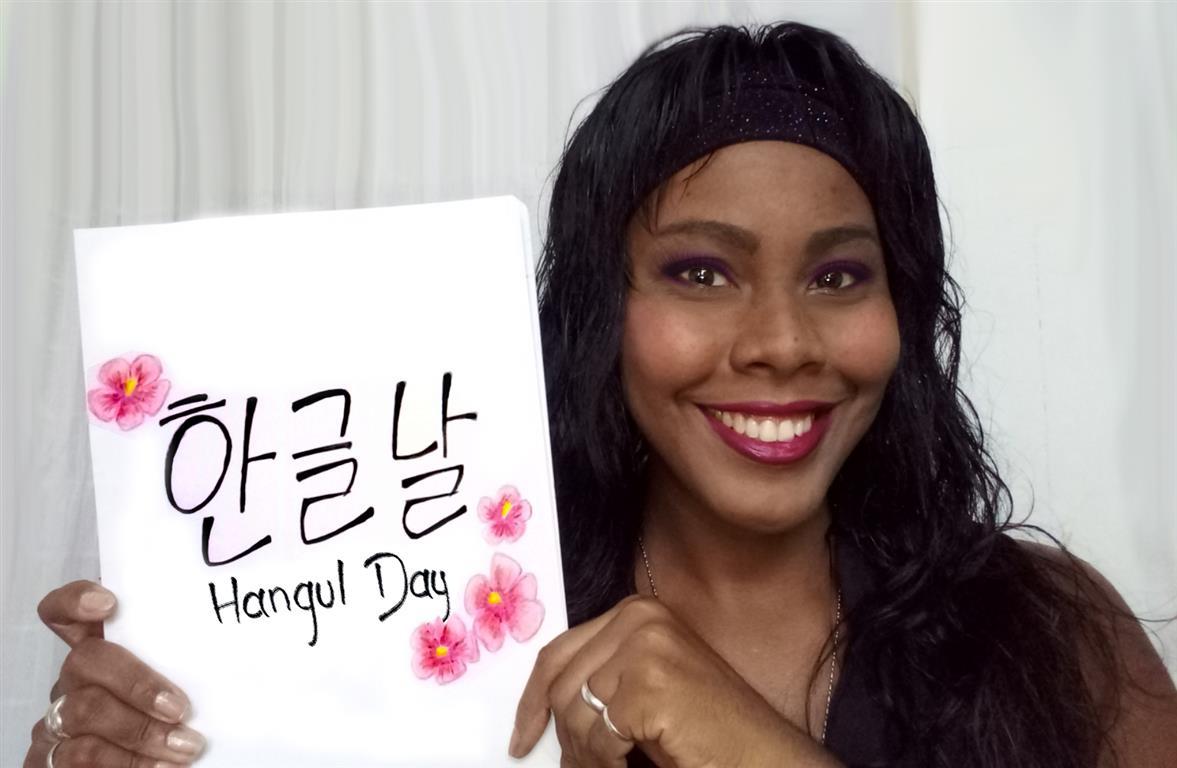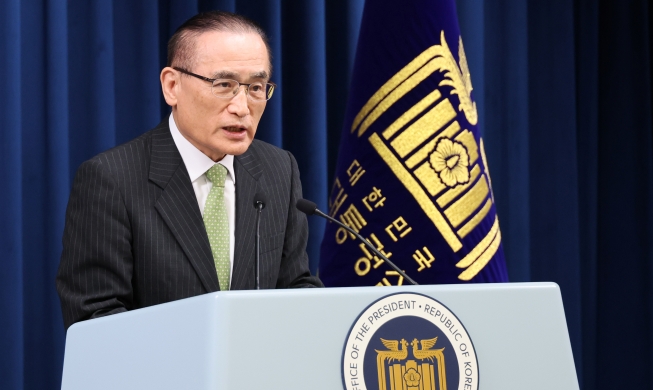- 한국어
- English
- 日本語
- 中文
- العربية
- Español
- Français
- Deutsch
- Pусский
- Tiếng Việt
- Indonesian
by Honorary Reporter Dayviana Diaz from Cuba
Photo = Dayviana Diaz, Jonh S Y Lee
On Oct. 9, Koreans will celebrate the 574th birthday of Hangeul, the Korean alphabet that is considered by many linguists as the best of its kind worldwide.
Invented by King Sejong the Great in 1443 and officially debuting in 1446, Hangeul is the only alphabet for which a record exists of who, how and when it was invented through the historical document Hunminjeongeum (The Proper Sounds to Instruct the People). This simple but ingenious and comprehensive writing system is one of the most scientific but convenient alphabets in the world. It is said that an intelligent person can learn Hangeul in one morning and a simple person in ten days.
Hangeul stemmed from Sejong's love for his people. In the 15th century during the Joseon Dynasty, the use of complex Chinese characters in writing at school made education the privilege of the wealthy upper class, making it very difficult for the lower classes to learn. The king sought to invent a writing system to allow everyone to read, get educated and express themselves freely regardless of social status. That is why Korea commemorates this invention with a national holiday.

Hunminjeongeum, a historical document that reflects the creation and principles of Hangeul, was included by UNESCO on its Memories of the World list in 1997 (Jonh S.Y. Lee)
Hangeul in Cuba
Hangeul has been used in Cuba since 2010, when classes in Korean began at the Jose Marti Cultural Society through an educational exchange with the Korea Foundation. The program initially targeted the association of ethnic Koreans in the country.
In 2012, I got to learn Korean through the program after it was opened to the public. Driven by my desire to better understand Hallyu and my fascination with the phonetics and beauty of Hangeul, I studied it as a hobby and my three years learning the language are among the most beautiful times of my life.
Writing in blocks by joining consonants and vowels to form words as if creating a Lego figure or playing Tetris is fun and unique. The essence of the square, circular and linear shapes of Hangeul letters makes them easy to write and remember, and the sounds like those of the Roman alphabet make it much more comfortable for Spanish speakers to learn it.
Cuba has four promotions from this amazing program and nowadays, some students from the program have become teachers of Korean given rising demand from youths and even the elderly. Easy access to Korean-language education has allowed many students to even take the Test of Proficiency in Korean, or TOPIK.

The Jose Marti Cultural Society and Club Martiano Amistad Cuba Korea are among groups teaching Korean in Cuba. (Dayviana Díaz)
Another captivating aspect of Hangeul is its use in design and decoration as a genuine and unique expression of Korean art. Whether on a street sculpture, painting, fabric or stationery, just admiring Hangeul's beauty through the simplicity of its calligraphy is a delight for the eyes, even to those who don't know Hangeul. This is why the significance of Hangeul extends from books to the design of spaces and Korean aesthetics, which makes the experience of appreciating the beauty of Hangeul richer and more complete.
Thus Hangeul Day gives students and fans of the language the opportunity to appreciate this great linguistic invention. Hangeul has been a decisive factor in creating a strong national identity for Koreans, and its accessibility has greatly contributed to the nation's high literacy rate and rapid development. For me, Hangeul has allowed a better understanding of Korean culture and its people, fluency in one of the most difficult languages for Spanish speakers to learn, and a change in my way of thinking and knowledge acquisition. I'm so happy to be able to read and write in Korean because even if I'm not Korean by blood, I am in spirit and heart.

The author said she studied Hangeul to gain a better understanding of Hallyu. (Dayviana Díaz)
enny0611@korea.kr
*This article is written by a Korea.net Honorary Reporter. Our group of Honorary Reporters are from all around the world, and they share with Korea.net their love and passion for all things Korean.
